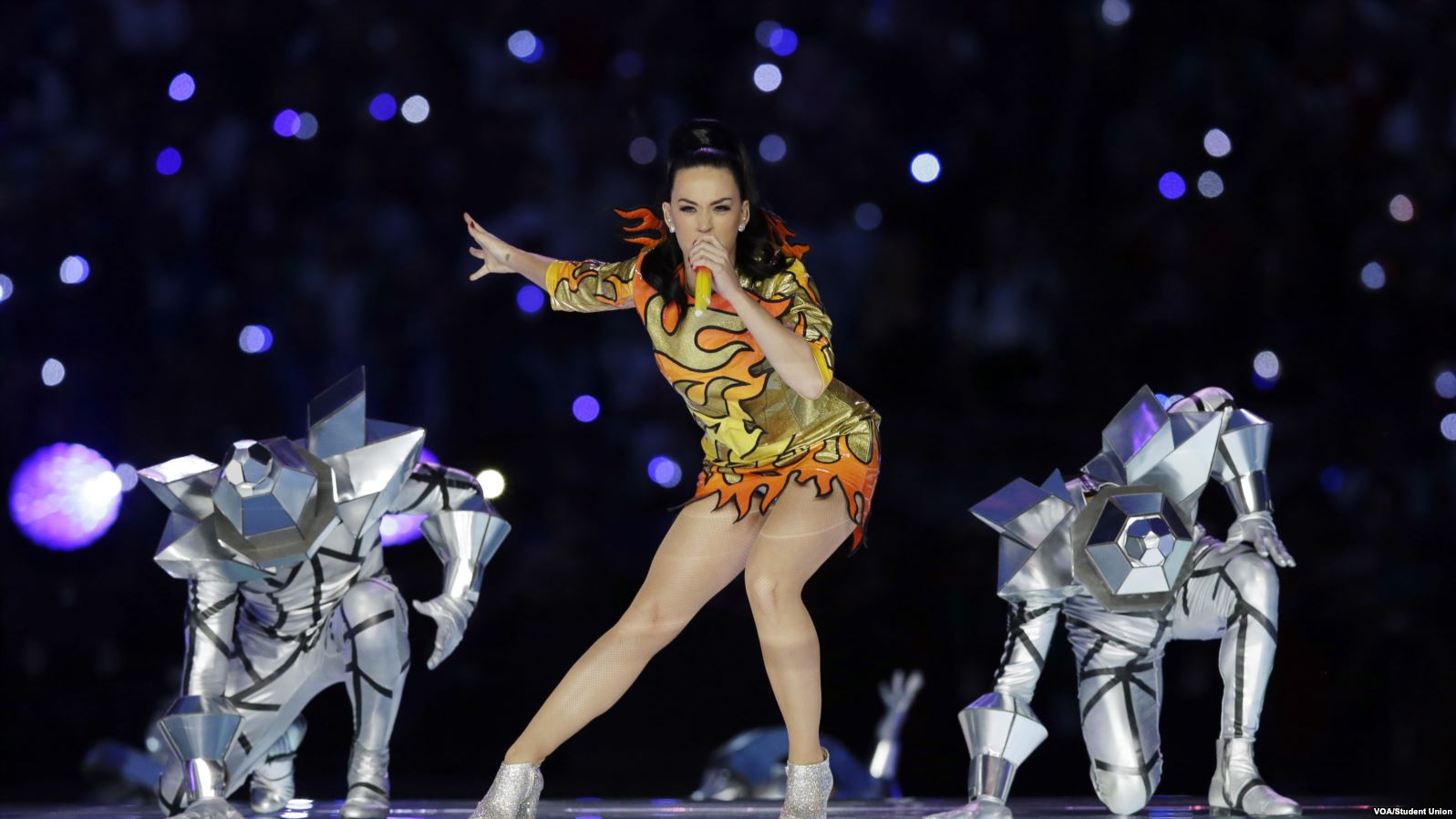Yesterday, a jury awarded $2.78 Million to Marcus Gray, a Christian rapper who sued Katy Perry, her producer, co-writers, and record company for copyright infringement related to Perry’s 2013 hit Dark Horse. According to reports, the claim centered around the underlying “beat” of the song, which Mr. Gray claims was lifted from his 2009 song Joyful Noise.
After listening to both songs, I cannot find any copied material.
You can listen to these songs for yourself:
Structurally, melodically, and lyrically, these are two distinct songs. Both have a slow tempo and syncopated rhythm from the kick drum, with an overall dark tone, but this is a feel that has been very common to pop music and hip hop since Trap music entered the mainstream in the early 2000s. Joyful Noise was in no way the first song to have a “beat” like this.
The only element that is uniquely similar to the two songs is the looping synth lines on top of each recording:


Both have the same rhythm, with a similar melody and the same basic affect due to the light portamento. But these are not the same melody. And, in the case of Dark Horse, the basic 5-3-2-1 melodic pattern of the synth melody actually comes from the song itself — it is the basic melodic fragment that the chorus is based on:

Taking a melodic fragment and stretching it out rhythmically is a basic compositional technique called augmentation. It’s very likely that this musical decision was made by one of the Dark Horse songwriters without any knowledge of the song Joyful Noise.
And even if there was knowledge of Joyful Noise on the part of one or more of the Dark Horse songwriters, a melody with even-length rhythms beginning with the 3rd, 2nd, and 1st notes of a scale is nowhere near novel. According to reports, the song Mary Had a Little Lamb was presented in court; it is likely that this was the reason.

There is no other material in these songs that could be considered similar enough to warrant a lawsuit. This should not have even gone to trial.
But it did go to a jury trial, and it won. Unbelievably, not only do Katy Perry and her producer now owe hundreds of thousands of dollars, but so do the other songwriters of Dark Horse and her record company. This is setting a dangerous precedent, one that could easily create an industry for a new type of musical patent trolling.
A few years ago, I wrote a series of articles about the Blurred Lines / Got to Give it Up lawsuit, and these articles evolved as more materials from the trial were leaked to the press and to me directly. My analysis showed that the plaintiffs, who won, presented materials that were misleading, self-contradictory, and in at least one instance, glaringly inaccurate. I concluded that the plaintiffs and their high-powered musicologists were likely playing upon the ignorance and musical illiteracy of the jury on purpose.
Without seeing the trial materials, I cannot say for sure if this is the case with Joyful Noise, but I have a hard time believing that any musicologist or music theorist who was hired by Marcus Gray actually believed that this was a case of songwriting plagiarism.
The reports are that Katy Perry and her team are appealing this decision. They absolutely should. This is injustice.
These types of things should not be going to jury trials. We should not be asking a musically illiterate juries and judges to make informed decisions about relatively complex musical issues.
